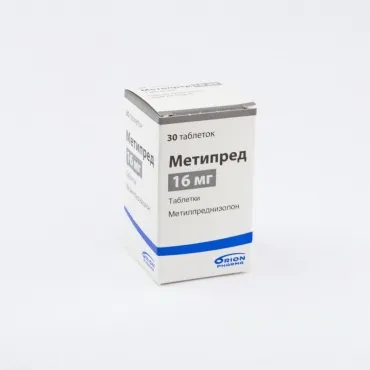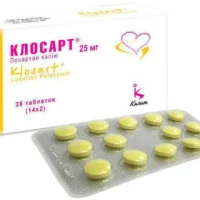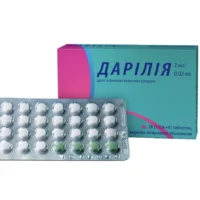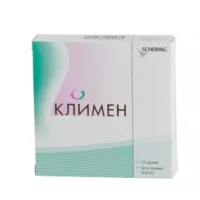Description
Metipred (methylprednisolone) tablets 16 mg. №30 vial
Ingredients
Active ingredient: Methylprednisolone 16 mg per tablet.
Dosage
Dosage: The usual dose is 4-48 mg per day depending on the condition being treated.
Indications
Indications: Metipred tablets are indicated for allergic disorders, skin conditions, arthritis, breathing disorders, and certain types of cancer.
Contraindications
Contraindications: Do not use Metipred if you have a fungal infection, are allergic to methylprednisolone, or are currently receiving live vaccines.
Directions
Directions: Take Metipred tablets orally with food or milk to prevent stomach upset. Follow the dosage prescribed by your doctor.
Scientific Evidence
Metipred (methylprednisolone) is a synthetic glucocorticoid with potent anti-inflammatory and immunosuppressive effects. It works by inhibiting the production of inflammatory mediators and suppressing the immune response. Studies have shown its efficacy in treating a wide range of inflammatory and autoimmune conditions.
Clinical trials have demonstrated the effectiveness of methylprednisolone in conditions such as rheumatoid arthritis, asthma, and lupus. Research has also shown its benefit in reducing inflammation and pain in various dermatological conditions.
Additional Information
- Storage: Store at room temperature away from moisture and heat.
- Side effects: Common side effects may include stomach upset, headache, dizziness, and mood changes.
- Warnings: Long-term use of Metipred may lead to adrenal suppression. Consult your doctor before discontinuing the medication.





